These Certified Autism Resorts Offer Inclusive Programming for Neurodiverse Guests
Around the world, these certified autism resorts are going the extra mile for neurodiverse guests.
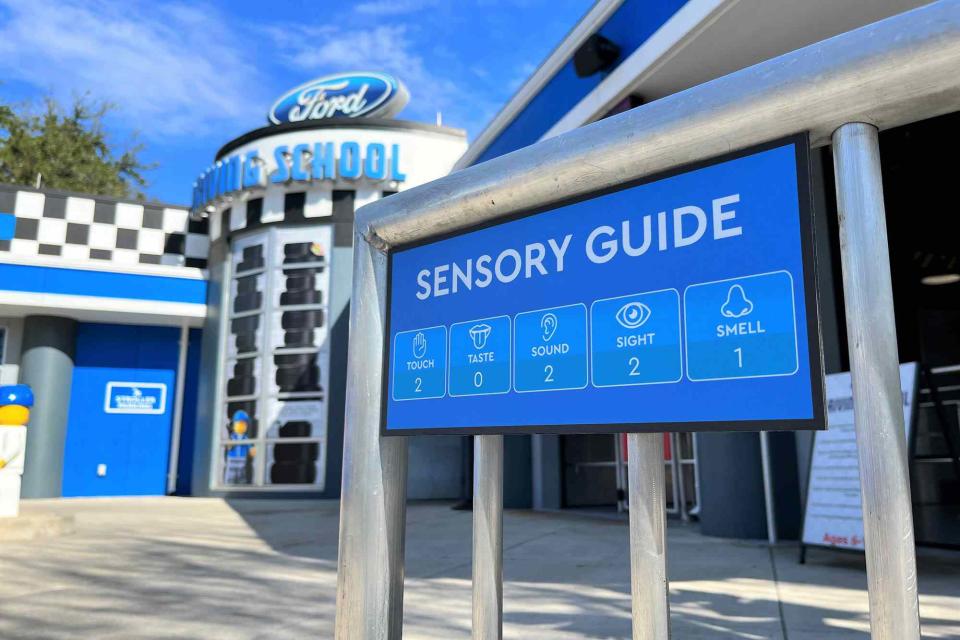
Courtesy of Legoland
Families traveling with a child with autism usually have a good idea of what they need to have a successful vacation. They often look for destinations where they can create a predictable schedule, have access to preferred foods, participate in activities geared toward the child’s interest, and where it’s possible to take sensory breaks away from the crowds.
Not that long ago, families had no way of knowing if where they were heading would welcome or shun their autistic child. Now, more locations are working to be more inclusive. (With one in 100 children diagnosed with autism, it's frankly about time.)
Some places offer autism-friendly features, while others go further and become Autism Certified. And while places without a certification can be fantastic, a certification assures families that the location is especially well-equipped to meet the needs of neurodiverse guests.
Two credible organizations that provide autism certifications are the International Board of Credentialing and Continuing Education Standards and Autism Double-Checked. Each has different standards, but both require that public-facing staff undergo rigorous training. This ensures the staff understands the different ways autism can present, and how to respond appropriately and with compassion.
I’ve experienced the difference between traveling to destinations that are truly committed to making trips successful for individuals with autism and those that are not — the difference is stark. These eight destinations are ones I’ve found work well and others I would like to visit because of their inclusive programming, facilities, and reputation.
Beaches Turks & Caicos
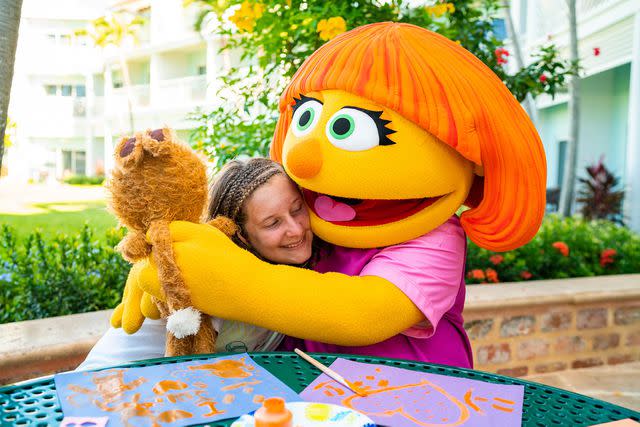
Courtesy of Beaches
As the parent of an autistic child, it’s often hard to relax — even on vacation. My trip to Beaches Turks & Caicos was the first vacation I have taken in years where I felt I could let my guard down completely.
All Beaches resorts are autism certified, which gave me a lot of confidence when planning my trip. They pioneered autism-friendly kids camps and consistently renew their certification to stay up-to-date. Even outside of the kids’ club, the staff is trained in how to interact with guests with autism with care and sensitivity.
The resorts were also designed with the needs of people with autism and other disabilities in mind. (My family took advantage of the low-sensory zones throughout the resort.)
I was also impressed with staff responses throughout our stay, from asking if I needed help to reacting calmly when they saw children having a hard time. My daughter uses a wheelchair, and I was happy to learn the resort is very disability-friendly in other ways, including providing a beach-ready wheelchair.
JW Marriott Orlando Bonnet Creek Resort & Spa, Florida
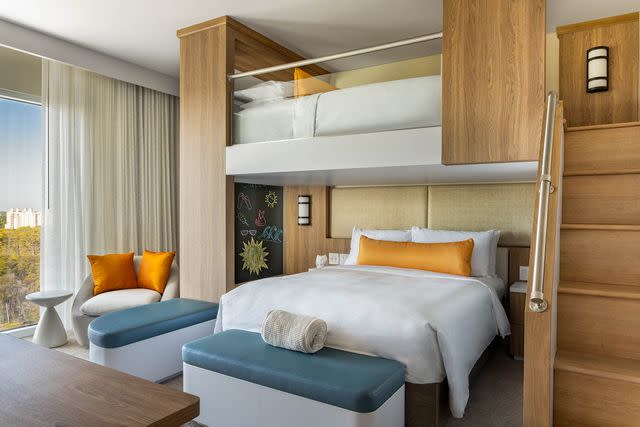
Jeff Herron/Courtesy of JW Marriott Orlando Bonnet Creek Resort & Spa
My family loves visiting amusement parks. They are generally easy to navigate with an autistic child and almost always provide great support. However, having a calm home base to return to each night and on non-park days is essential to having a successful trip.
The JW Marriott Orlando Bonnet Creek Resort & Spa — located in the vicinity of a handful of theme parks — has a sensory calming corner, noise-reducing headphones, a Lego wall, textured pillows and blankets, and other soothing elements. There are also several on-site activities, including pools, a climbing wall, and daily activities that make it a great option for days when a family needs to stay on the property.
Atlantis Paradise Island Bahamas
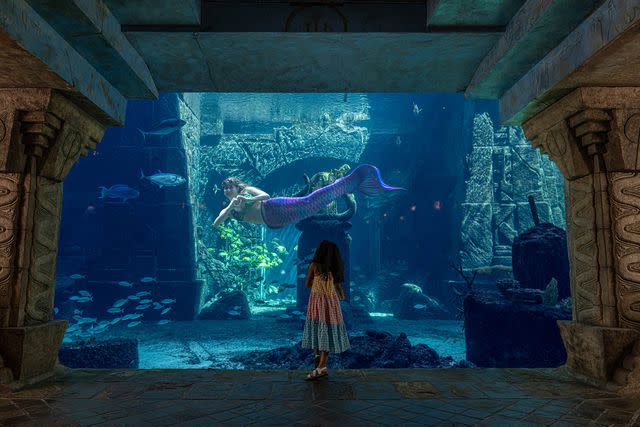
Douglas Scaetta/Courtesy Atlantis Paradise Island
Atlantis Paradise Island Bahamas is an autism-friendly resort located on the aptly named Paradise Island. Nooks and crannies perfect for sensory breaks are built into several of the resort's attractions, including the massive Dig and Predator Lagoon.
Going to such a large resort means parents of autistic children can create a pre-planned schedule with a lot of variety. Atlantis also has a kids’ club with staff that can care for children with autism. My family really appreciated that we could find calm spaces throughout the resort and valued the sensitivity of the staff.
Legoland Resorts, U.S.
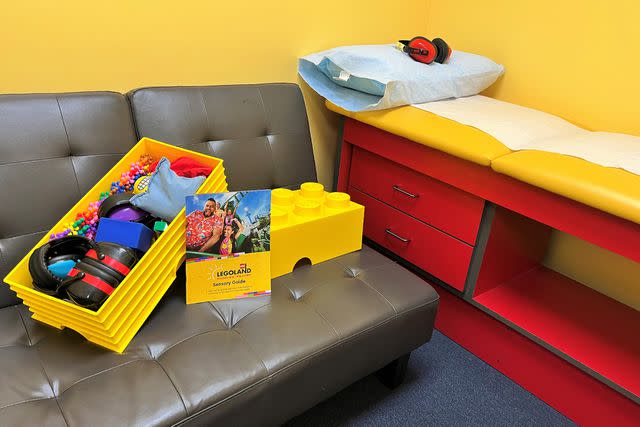
Courtesy of Legoland
Lego is committed to supporting neurodiverse children through representation in their toys. Many young Lego enthusiasts dream of a trip to a Legoland Resort, which includes themed amusement parks and on-site hotels.
All Legoland Resorts are autism-certified so their staff has had training about how to be supportive of neurodiverse guests. Plus, every ride at the parks have a sensory guide that was developed with The International Board of Credentialing and Continuing Education Standard. (There are three parks: Legoland California in Carlsbad, California; Legoland Florida in Winter Haven, Florida; and Legoland New York in Goshen, New York.)
During my family’s visit to the Florida park, we appreciated Legoland’s sensory guide to rides, low-sensory areas, and the staff's sensitivity to my child’s needs.
Great Wolf Lodge, U.S.
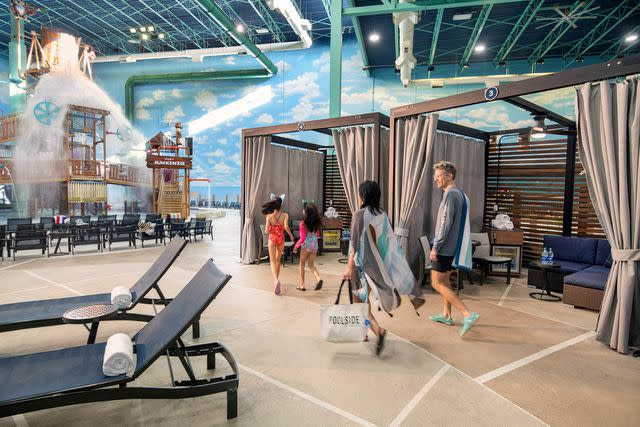
Courtesy of Great Wolf Lodge
Great Wolf Lodge is an indoor waterpark, entertainment center, and hotel rolled into one — with 23 locations across the United States.
While they can be noisy and crowded, my family has found over multiple visits that the staff is exceptional when it comes to neurodiverse children. They are dedicated to ensuring everyone has a good time and work with families to reduce overwhelm. This includes making accommodations including assigning families with autistic children rooms on quiet corridors, guiding children to lower-sensory areas of the resort, and making adjustments for meals as needed.
Great Wolf Lodge is undergoing the process to earn autism certification and will implement additional support for neurodiverse children as they complete the process.
Karisma Hotels and Resorts, Mexico
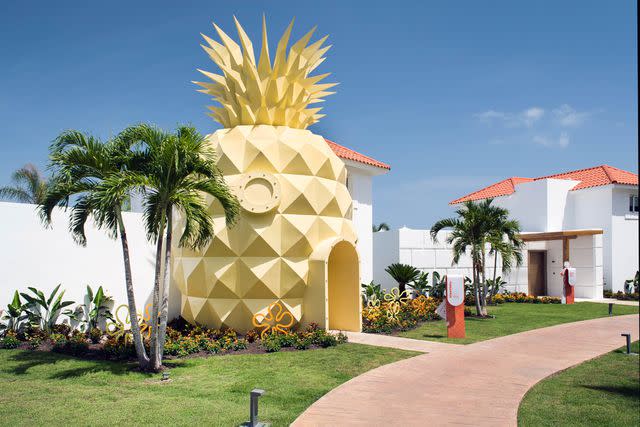
Courtesy of Nickelodeon Hotels & Resorts
Karisma Hotels and Resorts has an impressive range of resorts in Mexico with different themes and price points — and all are autism-certified with highly trained staff.
The team receives job-specific training. For example, kitchen staff understands that a guest may not eat food items that are touching each other on a plate and take extra care with the presentation.
These resorts also have an "autism concierge" who can assist with detailed planning. It can often accommodate specific requests, such as providing door alarms for families whose children may elope and emptying the minibar prior to a family’s arrival.
Karisma has a range of resort types, from the very family-friendly Nickelodeon Hotels & Resorts Riviera Maya to the all-inclusive Azul Beach Resort Riviera Cancun.
Hyatt Regency Aqaba Ayla, Jordan
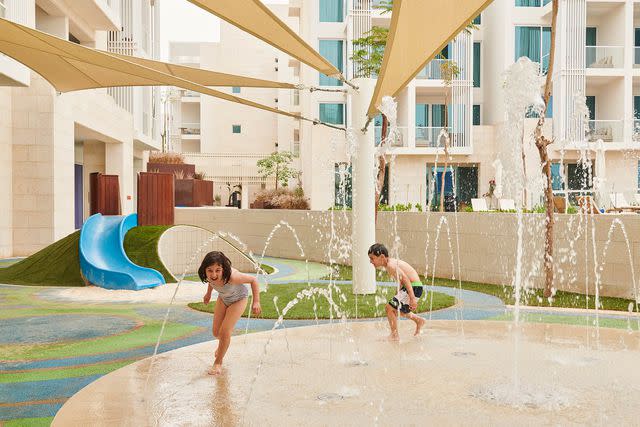
Anthony Parkinson/Courtesy of Hyatt Regency Aqaba Ayla Resort
The autism-certified Hyatt Regency Aqaba Ayla is set among tranquil mountains and lagoons, which is a setting many people with autism find soothing. Staff is trained in autism sensitivity and awareness, which helps them better support neurodiverse guests. The resort’s on-site Camp Hyatt has a sensory-friendly room, vibrating animals, and a climbing wall.
Autism on the Seas, Royal Caribbean Ships
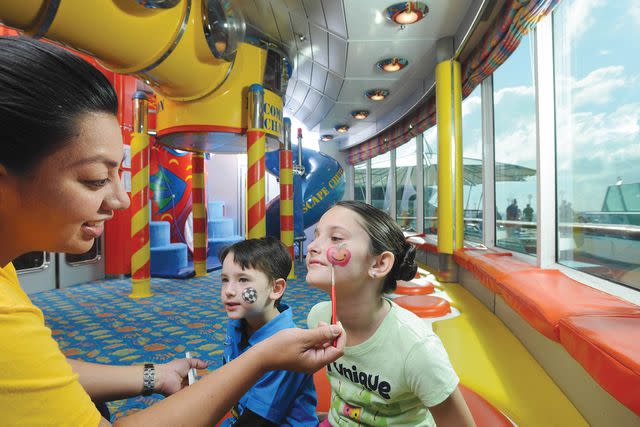
Courtesy of Royal Caribbean International
Royal Caribbean partnered with Autism on the Seas to make select sailings autism friendly. Autism on the Seas helps with planning and ensures necessary supports are in place before boarding.
While at sea, volunteers help with care and provide respite. Participants also have access to accommodations that should make cruising easier, such as expedited boarding, a private muster drill, priority dinner seating, private activities with fewer crowds, and reserved show seating.
While my family hasn’t attempted a cruise, I’m tempted to give it a try after learning about Autism on the Seas.
For more Travel & Leisure news, make sure to sign up for our newsletter!
Read the original article on Travel & Leisure.

